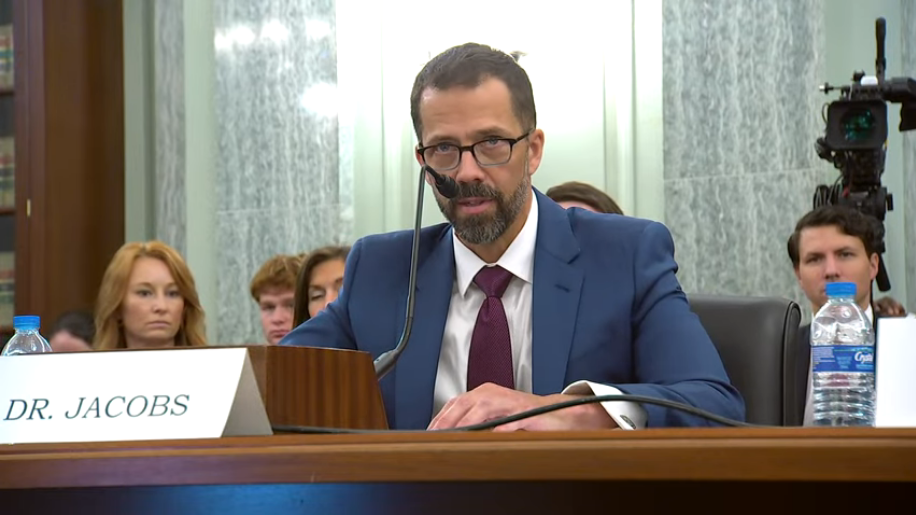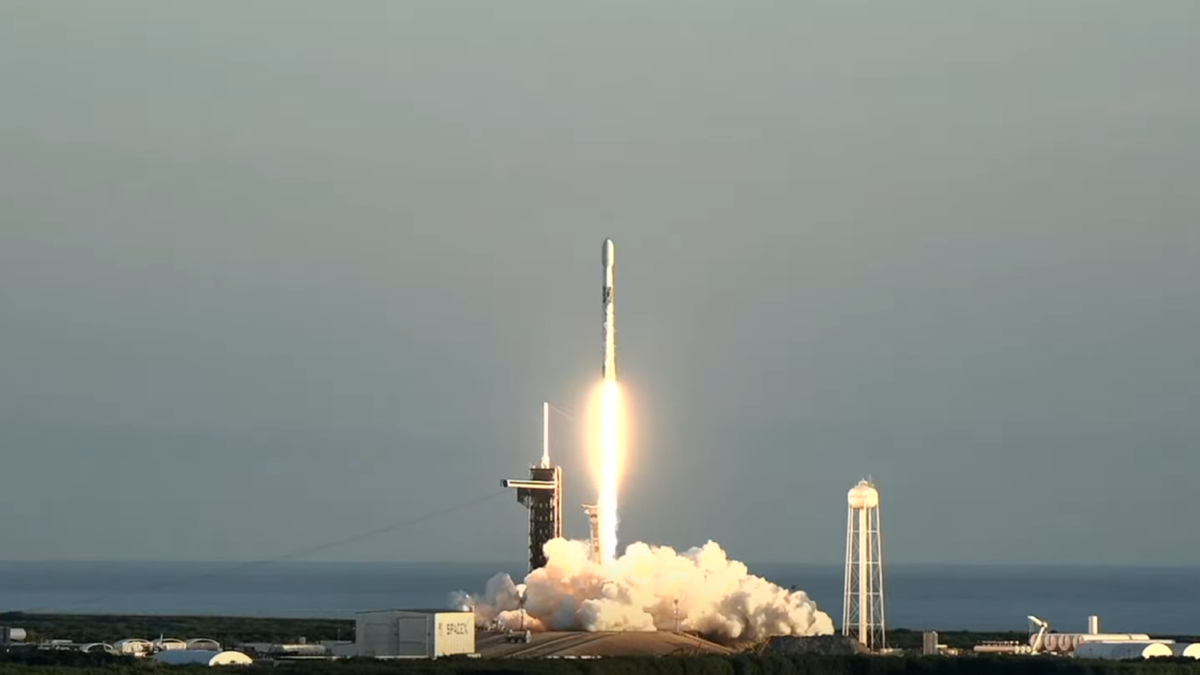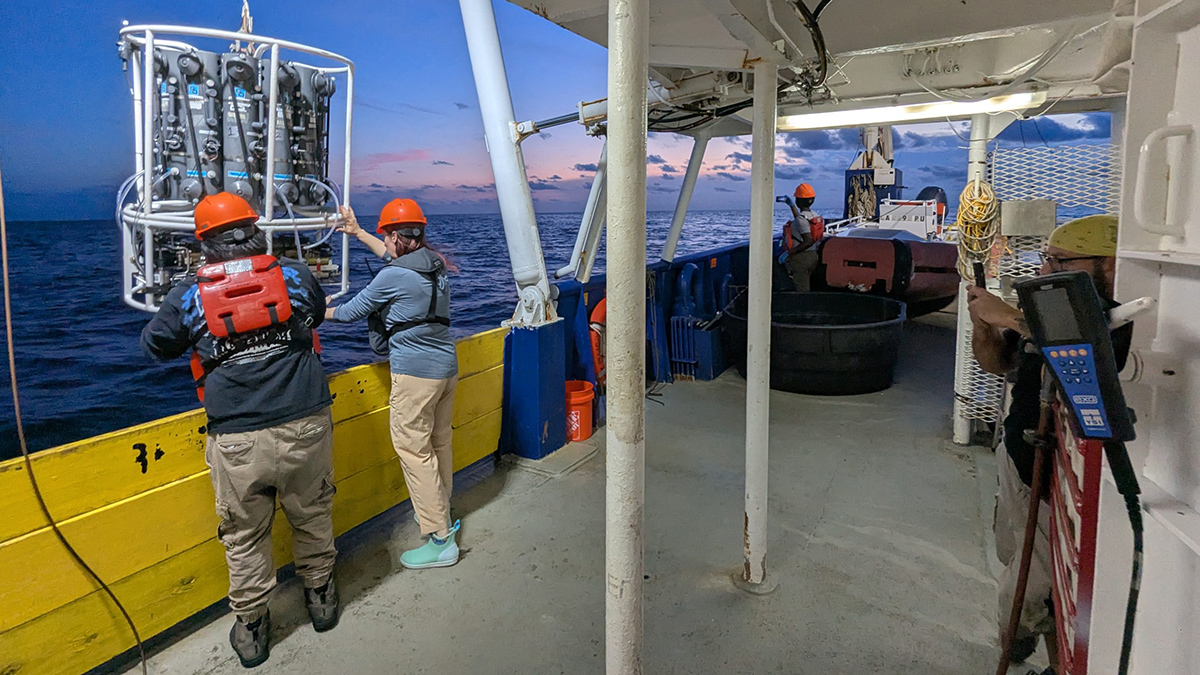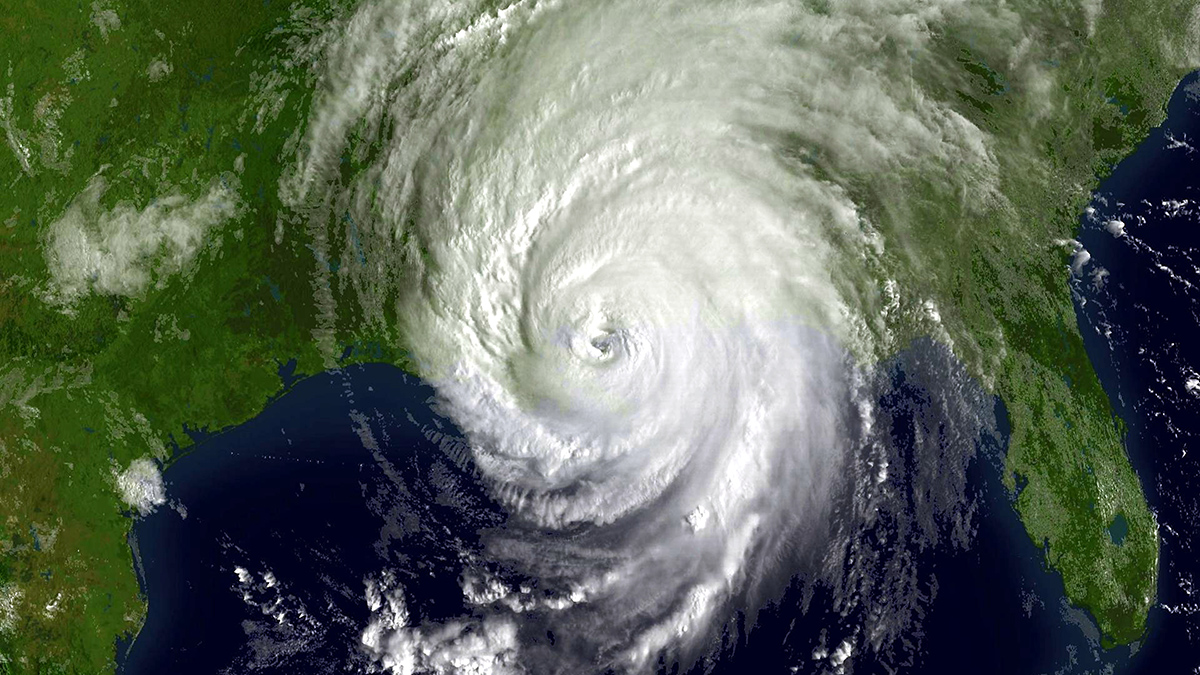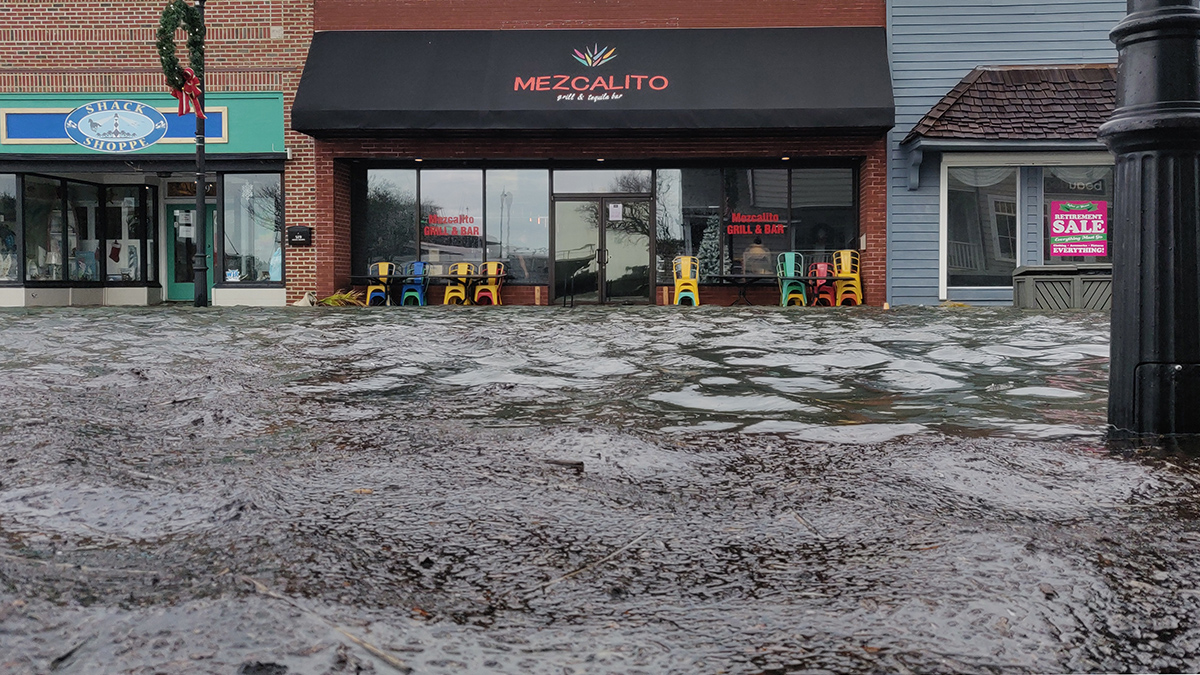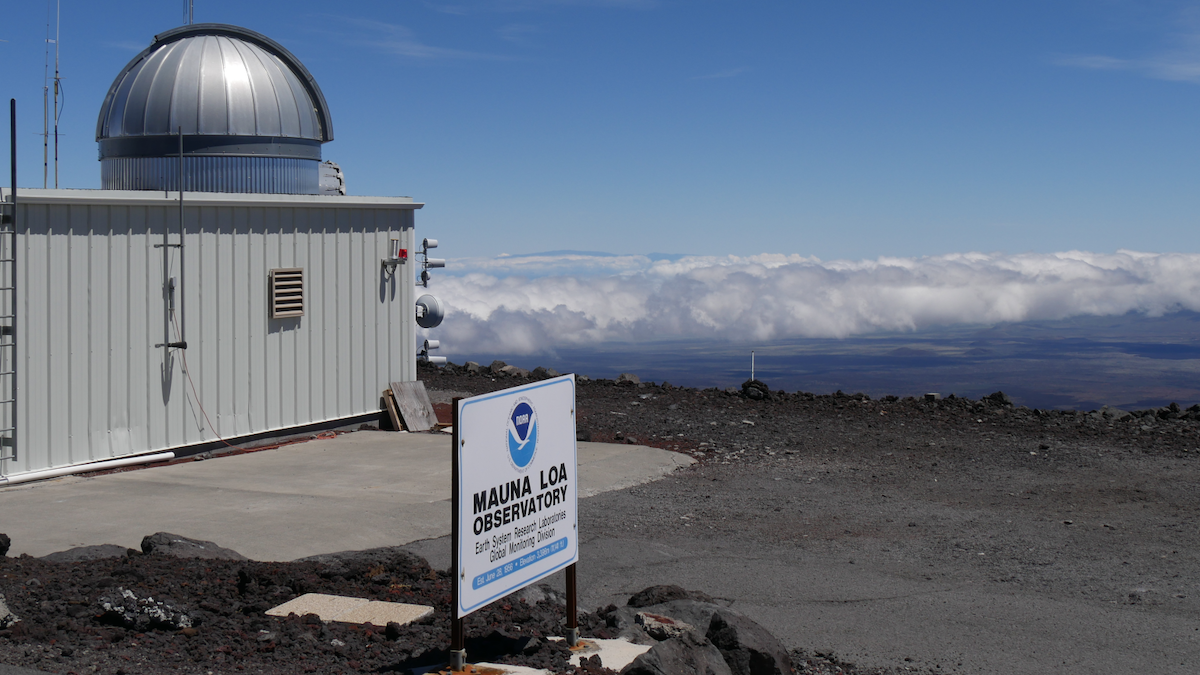The 20th annual Arctic Report Card reveals new highs in temperature and new lows in sea ice, as well as an uncertain outlook for the availability of federal data.
NOAA
Sharpiegate Scientist Takes the Helm at NOAA
Meteorologist and atmospheric scientist Neil Jacobs was confirmed as the new leader of NOAA on Tuesday evening.
Science Agencies Shuttered in Government Shutdown
At 12:01 a.m. this morning, the U.S. federal government shut down. This shutdown comes after weeks of negotiations and pressure tactics failed to bring Congressional Republicans and Democrats together on a budget for the 2026 fiscal year or a continuing resolution to fund the government for a few more weeks.
Trio of Space Weather Satellites Take Flight
These three satellites will that study the solar wind and its impacts.
Cruise to Measure Gulf Dead Zone Faces Stormy Funding Future
Funding cuts are affecting The Pelican’s annual hypoxia cruise to investigate the environmental conditions off the coast of Louisiana.
How Researchers Have Studied the Where, When, and Eye of Hurricanes Since Katrina
Twenty years after one of the country’s deadliest storms, scientists reflect on improvements in the ability to understand and predict disasters.
Residents Know When Floods Happen, But Data Must Catch Up
Federal flood measurements often don’t match what people see in their communities. Scientists have created a hyperlocal solution.
There’s a New Record for the Longest Lightning Flash
515 miles—roughly the distance from Washington, D.C. to Detroit, one-third the length of the Colorado River, and now, the longest lightning bolt ever recorded.
That’s right: A new analysis of satellite data has revealed that a 22 October 2017 storm over the U.S. Midwest created a lightning bolt that reached 829 kilometers (515 miles), from eastern Texas to nearly Kansas City. The record-setting bolt lasted about 7 seconds.
Supreme Court Lets Trump Proceed With Mass Firings
The Trump administration can act on its planned restructuring of the federal government, the United States Supreme Court announced in an 8 July decision.
Proposed NOAA Budget Calls for $0 for Climate Research
In the latest move in a months-long attack on climate science funding, the Trump administration released a budget document on 30 June that calls for zero funding for climate research and the elimination of a slew of NOAA services, including the agency’s climate laboratories, regional climate data efforts, tornado and severe storm research, and partnerships with other institutions.


